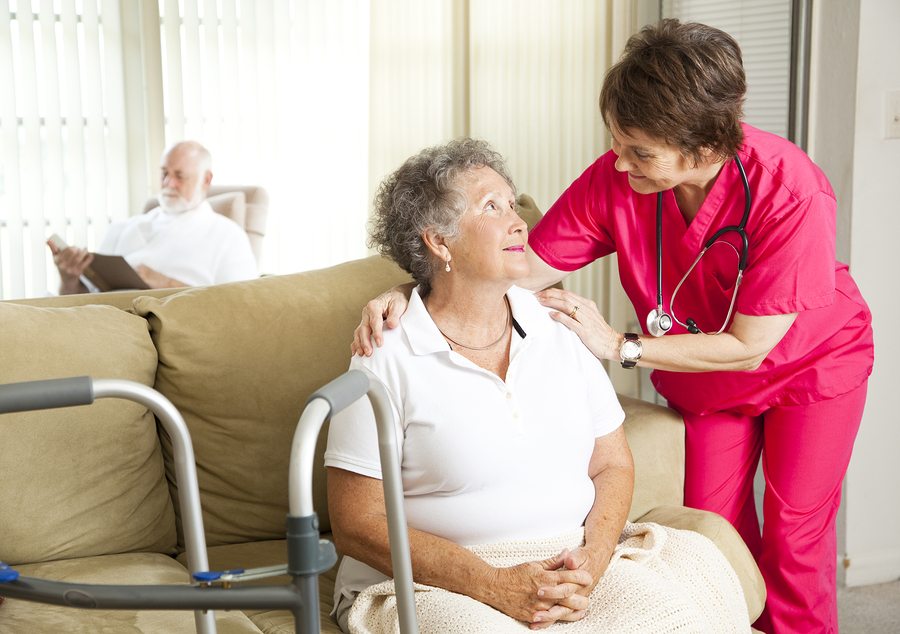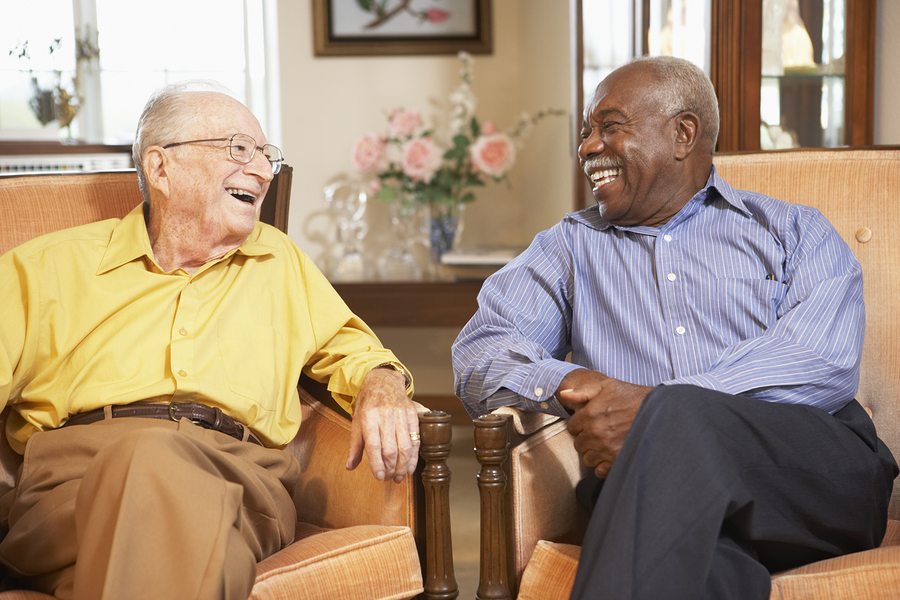Bentonville, AR Nursing Home Abuse Attorney
Elder abuse in nursing home, long-term care facilities, and assisted living communities is tragically common and so prevalent that by some accounts nearly five million elderly Americans over the age of 60 are abused each year. Additionally, according to the National Center on Elder Abuse, only one out of every 24 cases of elder abuse is reported to the appropriate authorities.
If you believe your loved one has been abused or is at risk of abuse, contact Ken Kieklak, Attorney at Law. We are highly experienced in litigating nursing home abuse cases and will advocate for you and your loved ones to better your chances of receiving compensation. We litigate aggressively for our clients and don’t get paid until you do. To speak with a nursing home abuse attorney, call our law offices at (479) 316-0438, or contact us online.
Arkansas Laws Protecting Seniors in Long-Term Care Facilities

Arkansas Code 12-12-1701-1721 Adult and Long Term Care Facility Resident Mistreatment Act provides a system for reporting known or suspected adult and long-term care facility resident maltreatment. Ensures the screening, safety assessment, and prompt investigation of reports of known or suspected adult and long-term care facility resident maltreatment. Provides for a civil action to protect maltreated adults and long-term care facility residents.
In addition, to this state law which was specifically drafted to protect senior citizens, there are numerous other laws that have been designed to protect elders. Specifically, the Elder Justice Act (EJA) was enacted in 2010 amongst other things Establishes national leadership in the Office of the Secretary of Health and Human Services in the form of an Elder Justice Coordinating Counsel and an Advisory Board. In addition, this act authorizes funding to address several areas, including (1) stationary and mobile elder abuse forensic centers to develop forensic markers, methodologies for intervention, forensic expertise, and capacity to collect forensic evidence; (2) enhancement of long-term care through programs to recruit, train and retain long-term care staff; programs to improve management practices; and adoption of standards for electronic exchange of clinical data; (3) grants to enhance the provision of adult protective services by state and local agencies and to conduct demonstration programs to test training on and methods to detect and prevent elder abuse and financial exploitation; (4) grants to support long-term care ombudsman programs; (5) evaluations of grant-funded activities; and (6) a national institute for training, technical assistance, and development of best practices to improve investigations of elder abuse reported in long-term care facilities.
Additionally, Arkansas has Adult Protective Services who is tasked with investigating suspected elder abuse and for delivering services for victims.
Signs and Symptoms of Abuse in Nursing Homes
Our parents and grandparents are some of the most cherished members of our family, and when we place them in the care of a long-term care facility we expect that they will be treated with dignity and care. However, by some accounts nearly 1 in 10 Americans over the age of 60 experience some form of elder abuse. The National Center On Elder Abuse reports that as many as thirty percent of all nursing home residents may experience some form of abuse during their care and treatment at a long-term care facility. That is why it is important for family members to be vigilant for the tell-tale signs of abuse.
For purposes of the Arkansas Adult and Long Term Care Facility Resident Mistreatment Act, abuse is defined as:
Any intentional and unnecessary physical act that inflicts pain on or causes injury to an endangered person or an impaired person, excluding court-ordered medical care or medical care requested by the patient or long-term care facility resident or a person legally authorized to make medical decisions on behalf of the patient or long-term care facility resident.
In addition to abuse, family members should also be look out for adult maltreatment meaning abuse, exploitation, neglect, or sexual abuse of an adult.
Some signs of nursing home abuse that you should look out for are:
- Cuts
- Black eyes
- Bruises
- Burns
- Fear of being left alone with caregiver
- Unexplained withdrawal from regular activities
- Bed sores
- Difficulty sitting or walking
If you notice any of these signs or others you will have three years from the date of discovering the injuries to contact a lawyer to file a case. Unfortunately, it is estimated that almost eighty percent of all elder abuse cases are never reported.
Who Do I Contact if I Suspect My Parent or Grandparent is Suffering Nursing Home Abuse?

Entrusting your family member to the care and supervision of a long-term care facility is a hard decision. However, if you suspect that you or a loved one has been the victim of abuse or neglect there are several steps you can take to prevent and should take to prevent abuse and neglect of both your loved one as well as others. Elder abuse should be reported immediately to criminal law enforcement authorities. If the elder abuse occurs at a facility licensed by the Office of Long Term Care, the abuse can also be reported to:
Office of Long Term Care
Abuse Complaint Section
P.O. Box 8059, Slot 400
Little Rock, AR 72203-8059
(501) 682-8430
Statewide Long-Term Care Ombudsman
Division of Aging and Adult Services
1417 Donaghey Plaza South
Little Rock, AR 72201
(501) 682-8952
In addition, you may contact any one of these hotlines for information and assistance.
- 800-482-8049 (for suspected elder mistreatment in the home)
- 501-682-8425 (for suspected elder mistreatment in long-term care facilities, Pulaski County)
- 800-582-4887 (for suspected elder mistreatment in long-term care facilities, outside of Pulaski County)
- 800-332-4443 (Arkansas domestic violence/battered women hotline)
However, while these agencies are good resources you should also contact an experienced attorney who handles nursing home abuse cases. The deadline to file a case may vary depending on the alleged conduct and may be as short as one year in some case.
Contact an Arkansas Personal Injury Attorney if You Suspect Elder Abuse
If you believe your loved one has been abused or is at risk of abuse, contactmKen Kieklak. We are highly experienced in litigating nursing home abuse cases and will advocate for you and your loved ones to better your chances of receiving compensation. We litigate aggressively for our clients and don’t get paid until you do. To speak with a nursing home abuse attorney, call our law offices at (479) 316-0438, or contact us online.
